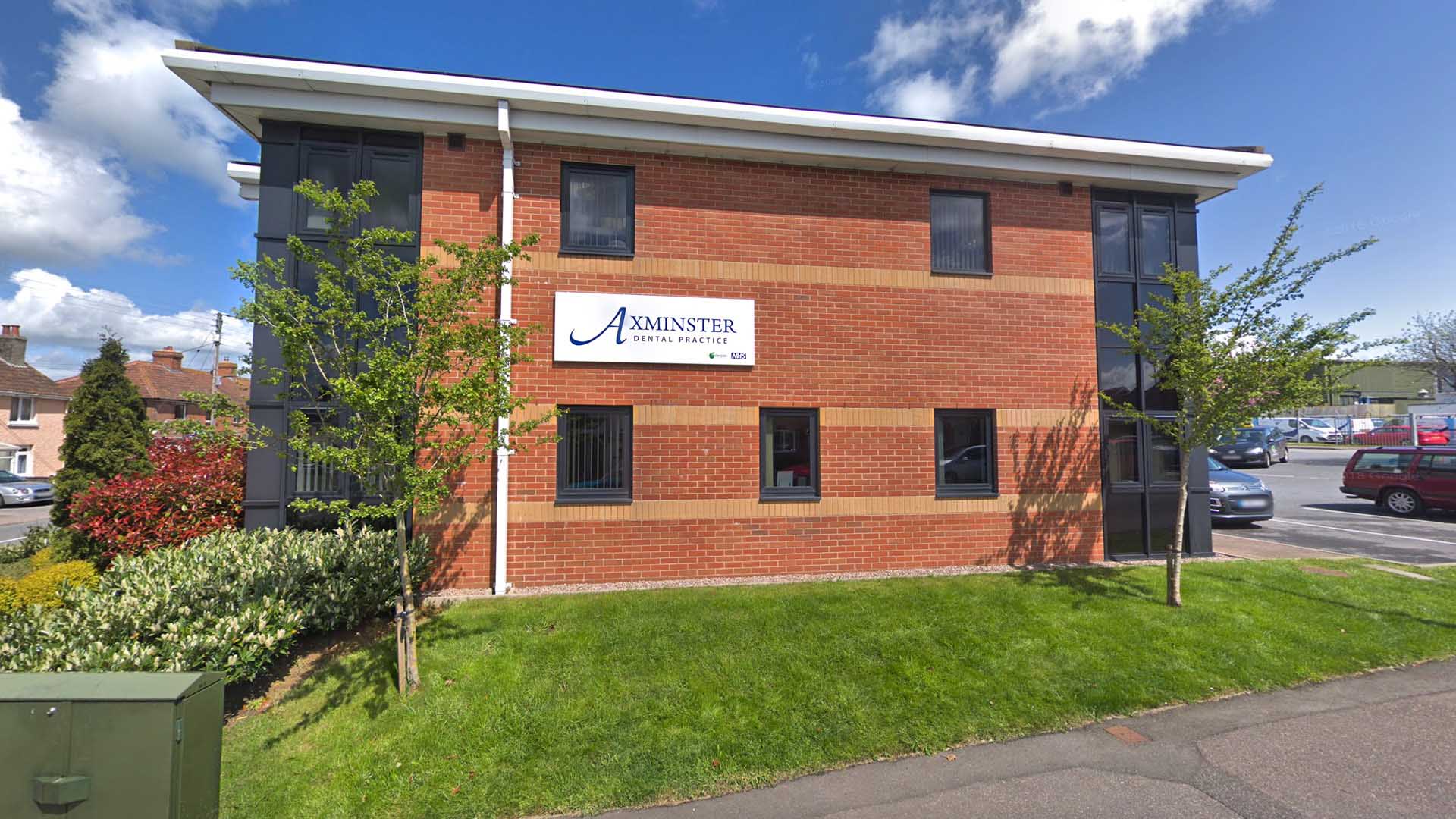Treatment of gum disease
Treatment of gum disease
Gum Disease
Gum disease is an inflammation of the gums that can progress to affect the bone that surrounds and supports your teeth. It is caused by the bacteria in plaque, a sticky, colourless film that constantly forms on your teeth. If not removed through daily brushing and flossing, plaque can build up and the bacteria infect not only your gums and teeth, but also eventually the gum tissue and bone that support the teeth. This can cause the teeth to become loose, fall out or have to be removed by a dentist.
There are three stages of gum disease:
Gingivitis: This is the earliest stage of gum disease, an inflammation of the gums caused by plaque build-up at the gum line. If daily brushing and flossing do not remove the plaque, it produces toxins (poisons) that can irritate the gum tissue, causing gingivitis. You may notice some bleeding during brushing and flossing. At this early stage in gum disease, damage can be reversed, since the bone and connective tissue that hold the teeth in place are not yet affected.
Periodontitis: At this stage, the supporting bone and fibres that hold your teeth in place are irreversibly damaged. Your gums may begin to form a pocket below the gum line, which traps food and plaque. Proper dental treatment and improved home care can usually help prevent further damage.
Advanced Periodontitis: In this final stage of gum disease, the fibres and bone supporting your teeth are destroyed, which can cause your teeth to shift or loosen. This can affect your bite and, if aggressive, treatment can’t save them, and teeth may need to be removed.
The Symptoms
Gums that are red, puffy or swollen, or tender
Gums that bleed during brushing or flossing
Teeth that look longer because your gums have receded
Gums that have separated, or pulled away, from your teeth, creating a pocket
Changes in the way your teeth fit together when you bite
Pus coming from between your teeth and gums
Constant bad breath or a bad taste in your mouth
Prevention
The early stages of gum disease can often be reversed with proper brushing and flossing. Good oral health will help keep plaque from building up.
Treatment
A professional cleaning by your dentist or hygienist is the only way to remove plaque that has built up and hardened into tartar.

Axminster Dental Practice
Weycroft Avenue, Axminster, Devon. EX13 5HU
CQC: 1-152968418
Phone number:
01297 33733
Opening Times
Monday: 08:45 – 18:00
Tues – Thurs: 08:45 – 17:00
Friday: 08:45 – 16:00
Saturday & Sunday: Closed
Details
Onsite parking
Wheelchair access
Payment options
We prefer payments by cash or debit card
Axminster Dental Practice
Address:
Axminster Dental Practice
Weycroft Avenue
Axminster, Devon EX13 5HU
Telephone
01297 33733
Email
info@axminsterdentalpractice.co.uk
Parking
Onsite parking, Wheelchair access.